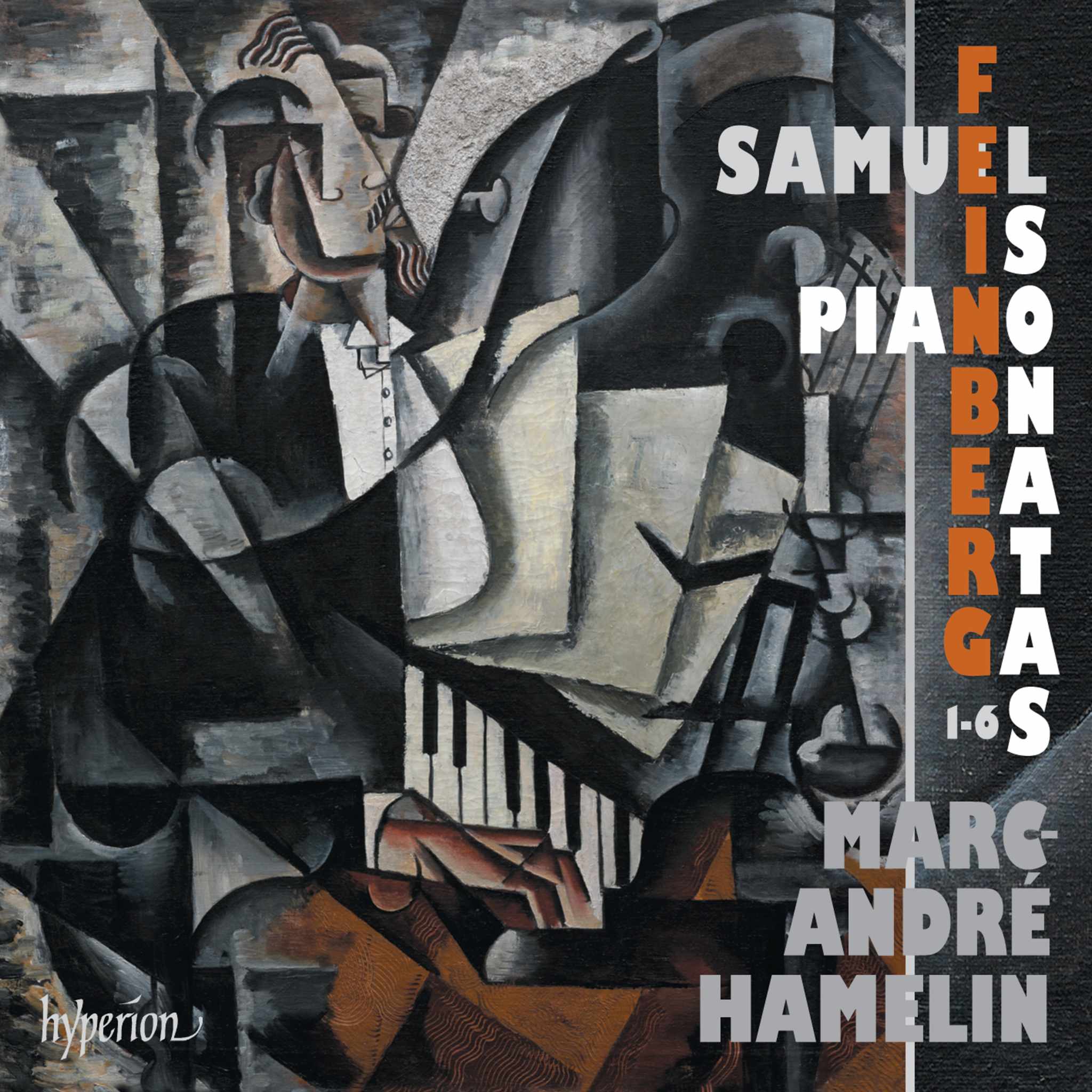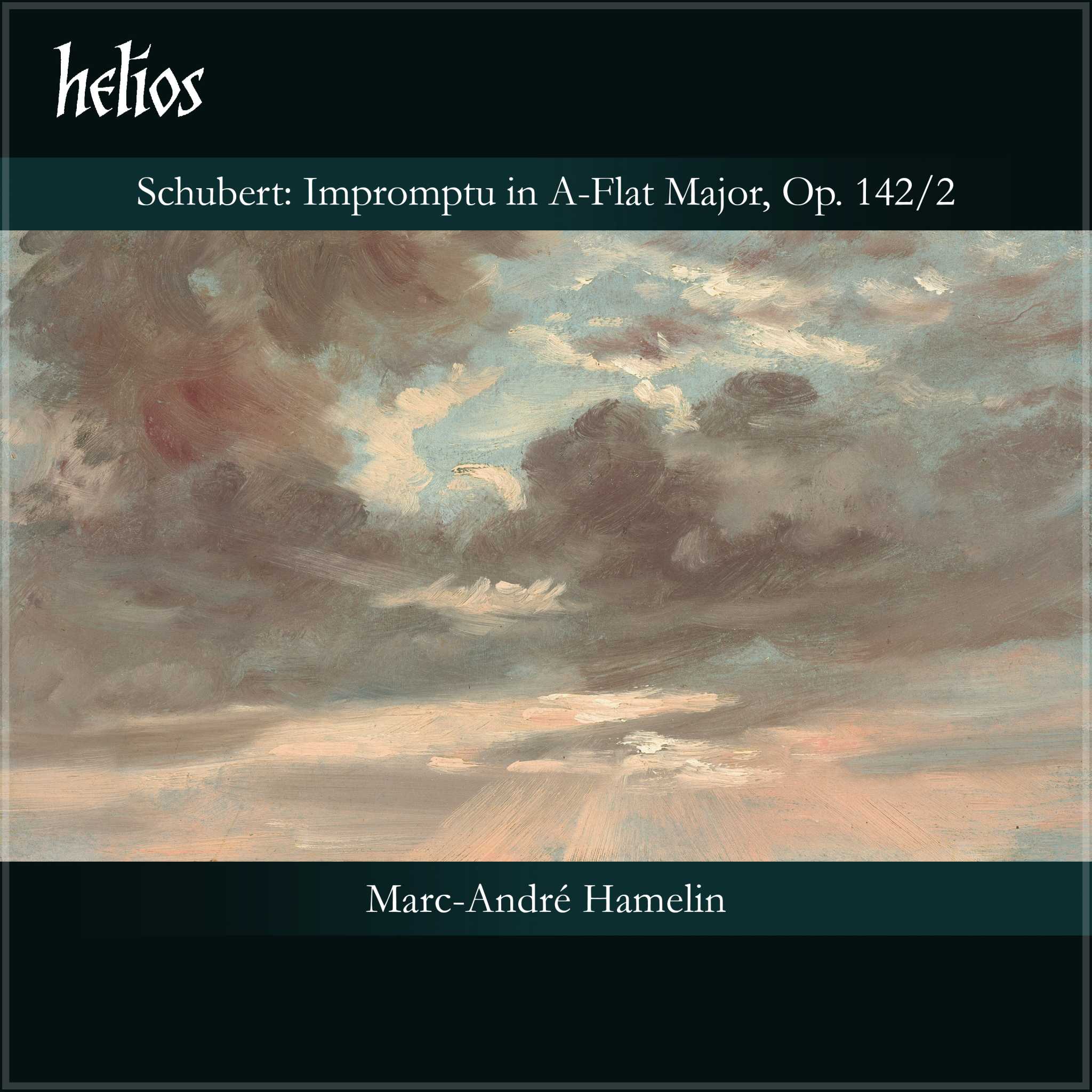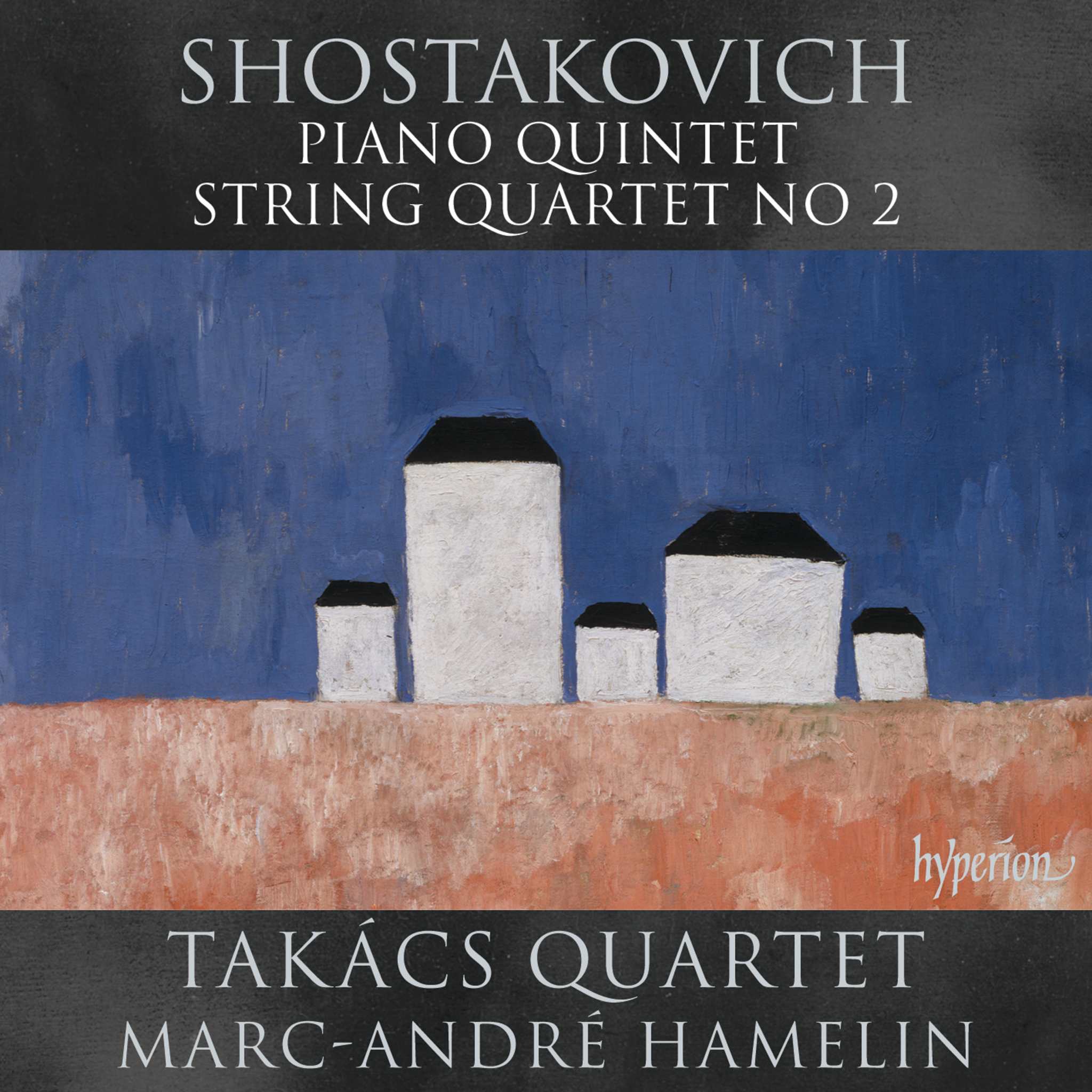Samuil Feinberg (1890–1962) was considered an outstanding pianist and composer, and also enjoyed a high reputation as a teacher. His original approach to harmony and his exceptional pianistic abilities were particularly praised by contemporaries such as Marc-André Hamelin. Feinberg taught at the Moscow Conservatory, where he influenced numerous generations of pianists, while continuing to perform as a sought-after piano virtuoso.
Born in Odessa into a family of musicians, Feinberg received early instruction from renowned teachers who significantly influenced his artistic development. Musical inspiration from Maximilian Voloshin and the support of his sister furthered his early development as a musician.
His studies led him to renowned teachers such as Alexander Goldenweiser and later Nikolai Shilyayev. In examinations, Feinberg impressed with both his versatility and his exceptional piano talent. Although he did not complete all of his planned studies, he continued to find inspiration and support among those around him.
Feinberg began composing at a young age. His early works, including the Sonata No. 1, Op. 1, were appreciated by experts and colleagues. Over time, his sonatas evolved stylistically, characterized by an innovative musical language that was admired by musicians such as Friedrich Wührer and Grigory Ginzburg.
Feinberg's creative period yielded a large number of sonatas, including the significant Sonata No. 3, Op. 3, which remained unpublished for many years. Contemporaries and friends considered his work exceptional and ahead of its time, thus securing Feinberg's music an important place in the Russian tradition.
The Sonata No. 4, Op. 6, inspired by the poetry of Fyodor Tyutchev, and the subsequent sonatas demonstrate Feinberg's creative versatility and profound understanding of musical expression. Despite occasionally mixed reviews, his work was highly regarded by colleagues and musicians alike.
International performances and participation in renowned festivals shaped Feinberg's artistic path. His contribution to the music world and his innovative spirit continue to be recognized even after his death, and his reputation as a composer and pianist continues to grow.











